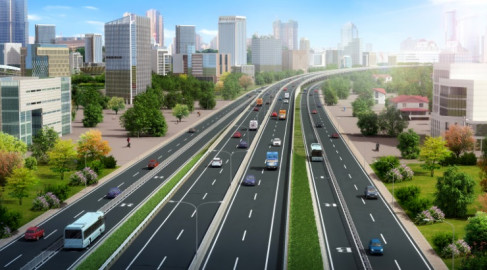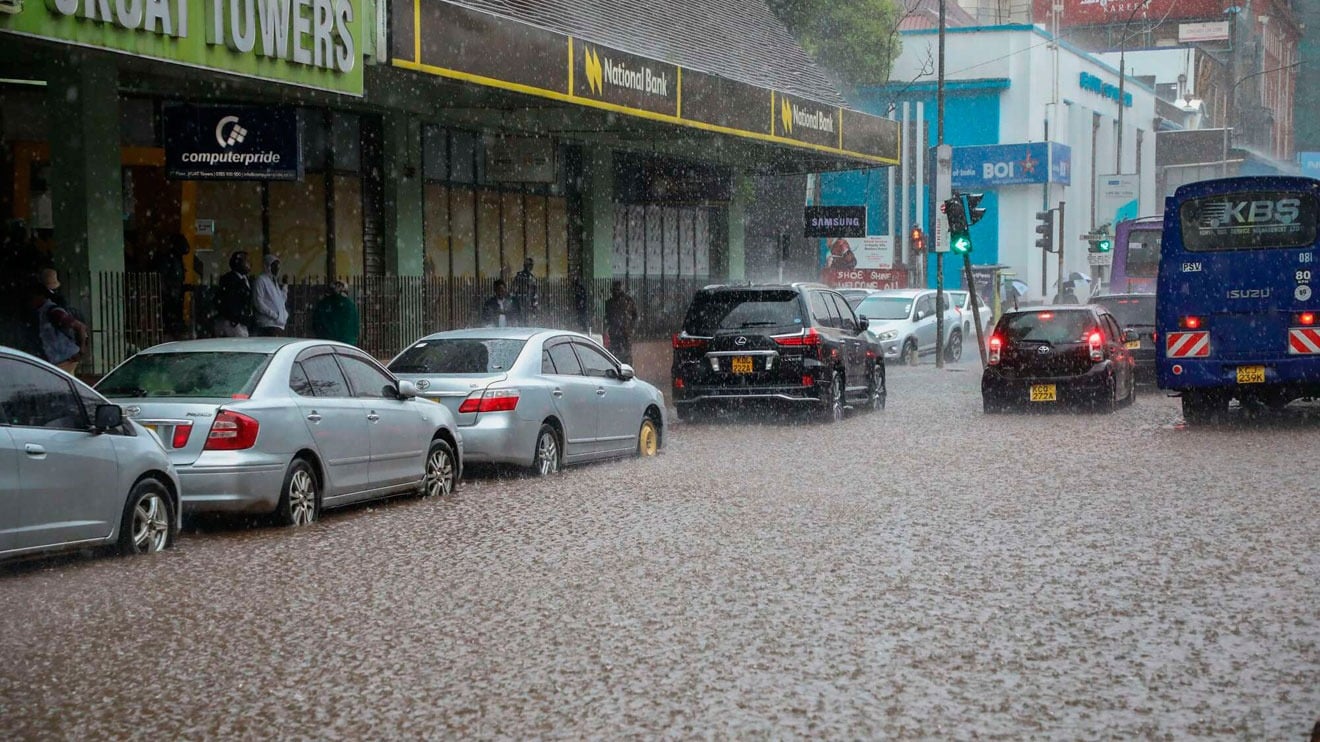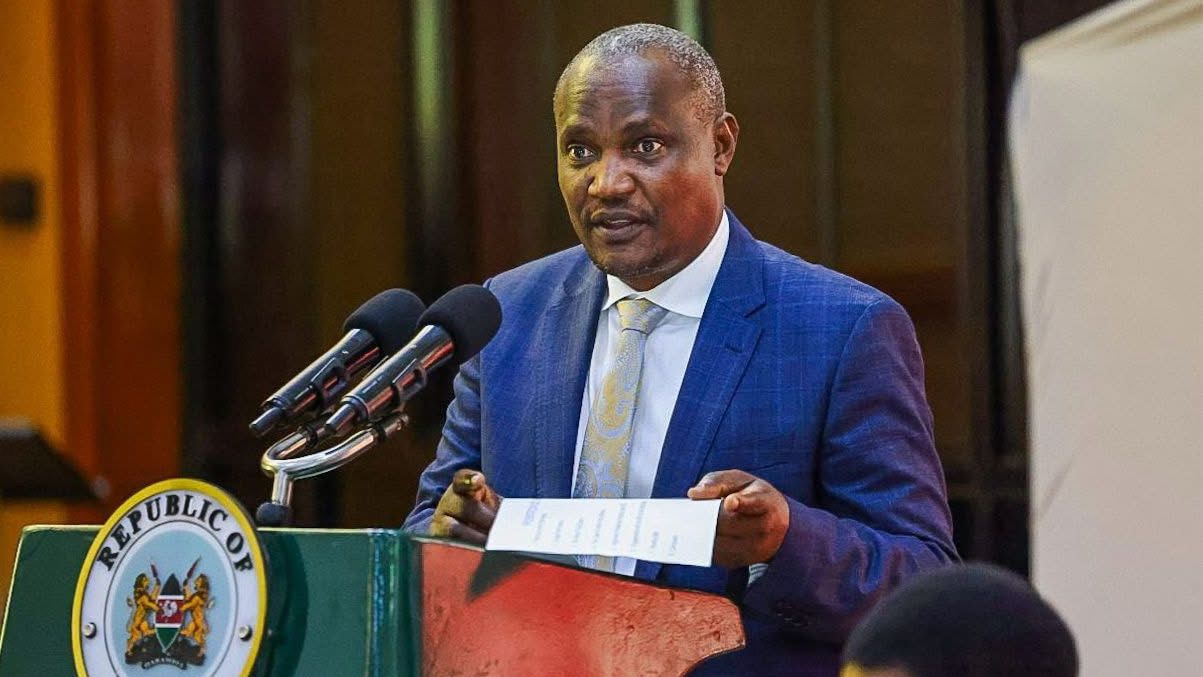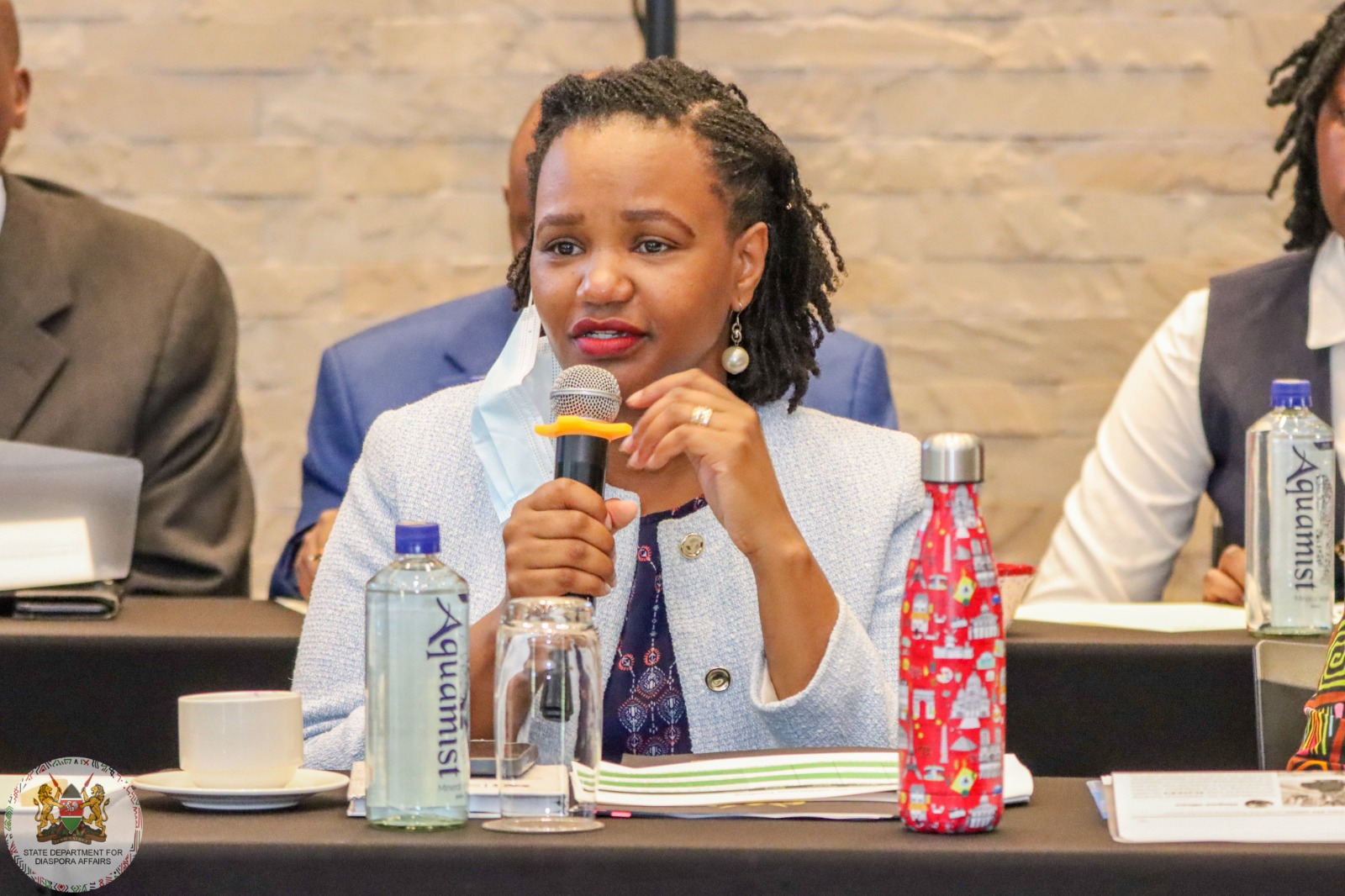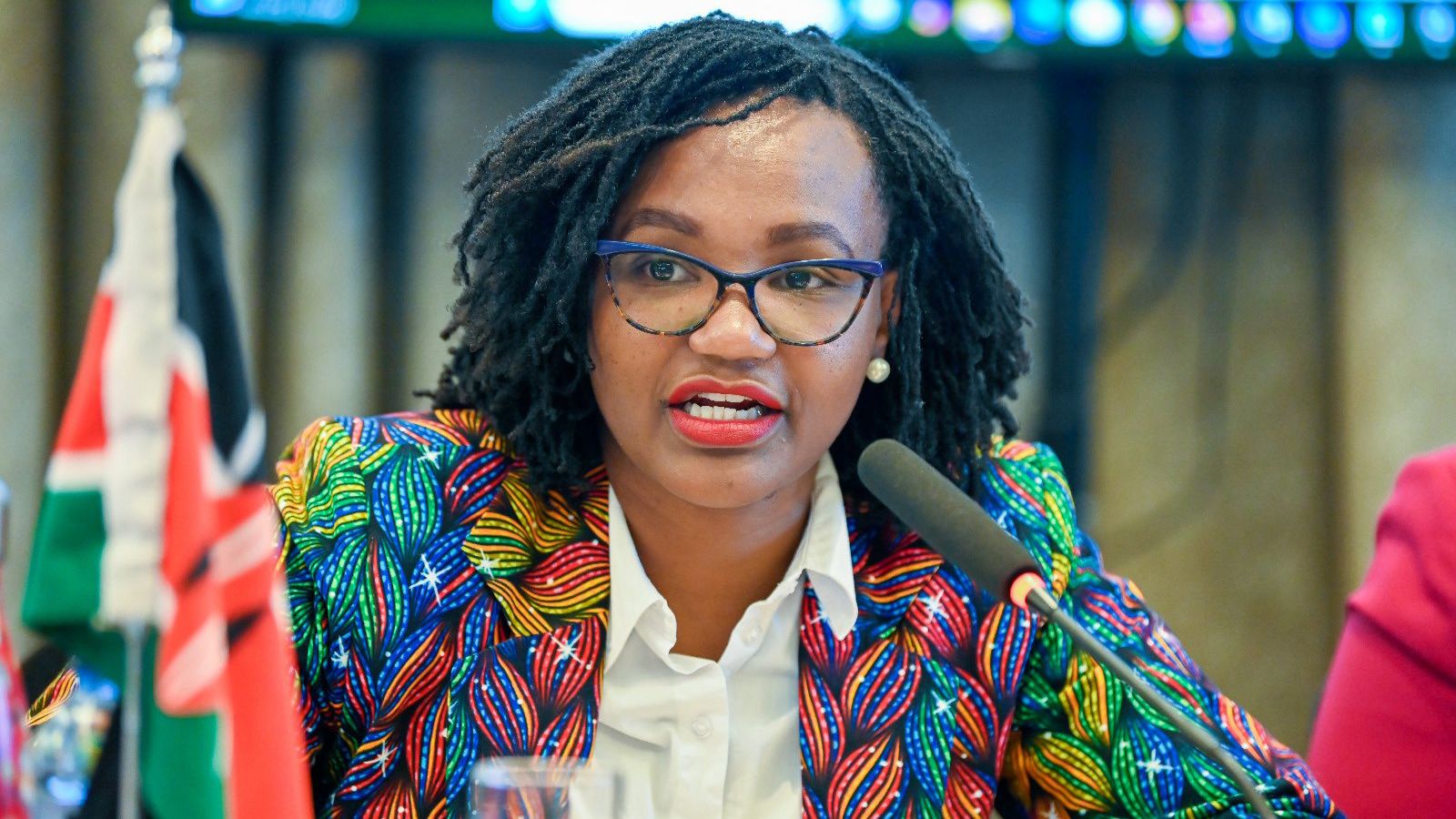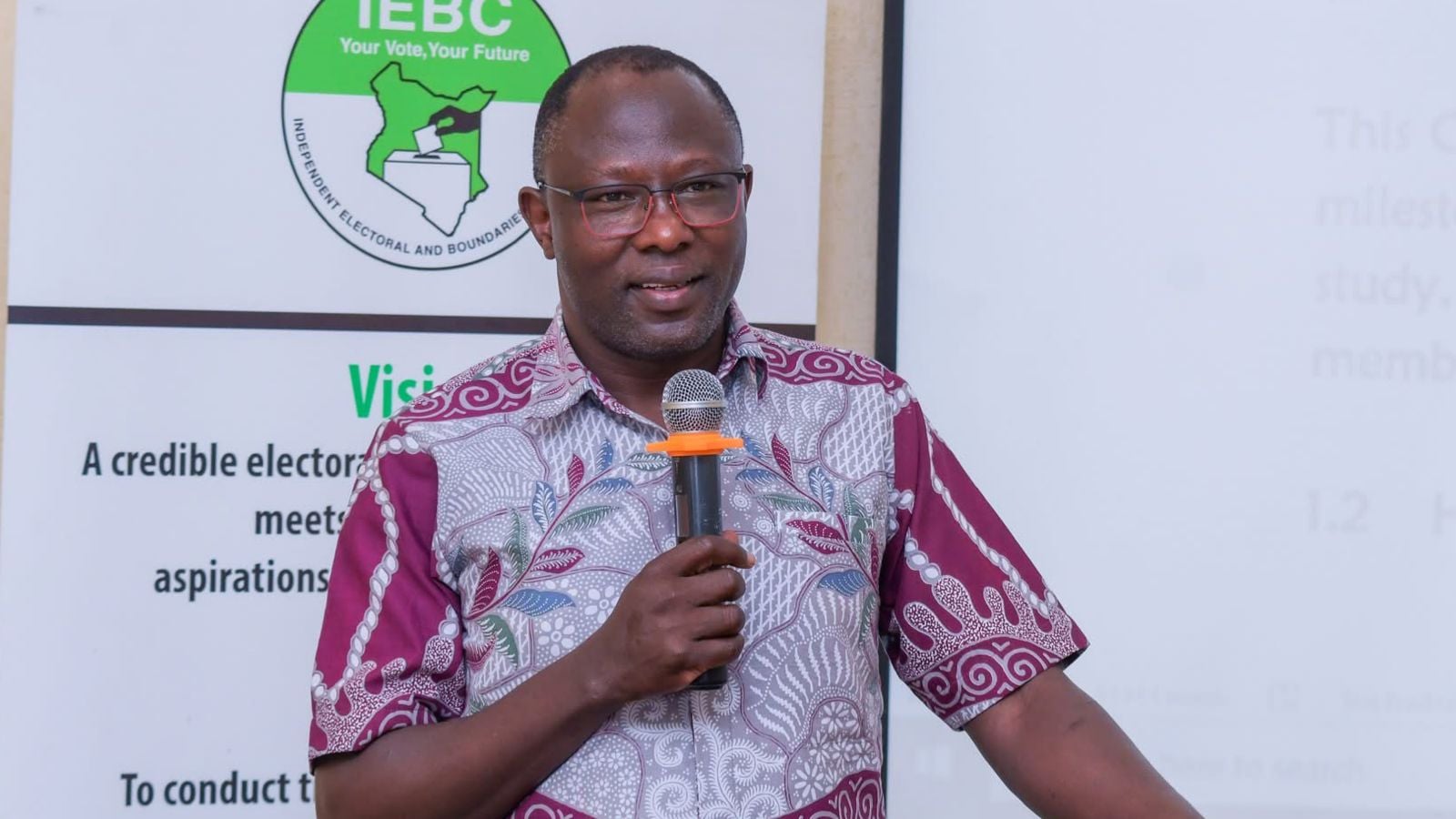Everstrong Capital has dismissed reports that the Kenya National Highways Authority (KeNHA) has approved the construction of the 459-kilometre Nairobi-Mombasa Expressway.
In a statement dated Thursday, May 29, the US firm clarified that it had only submitted a feasibility study to the road authority.
KeNHA is expected to review the feasibility study and approve the commencement of the construction works after review.
"Everstrong announced only the submission of the Usahihi feasibility study to KeNHA, in full accordance with the PPP Act. We have neither stated nor implied - formally or informally - that the Kenyan Government has approved the project," read the statement in part.
"There have been reports suggesting otherwise. While we are proud of the progress made, it's important to clarify that the study is still under review by KeNHA and has not yet been approved."
Read More
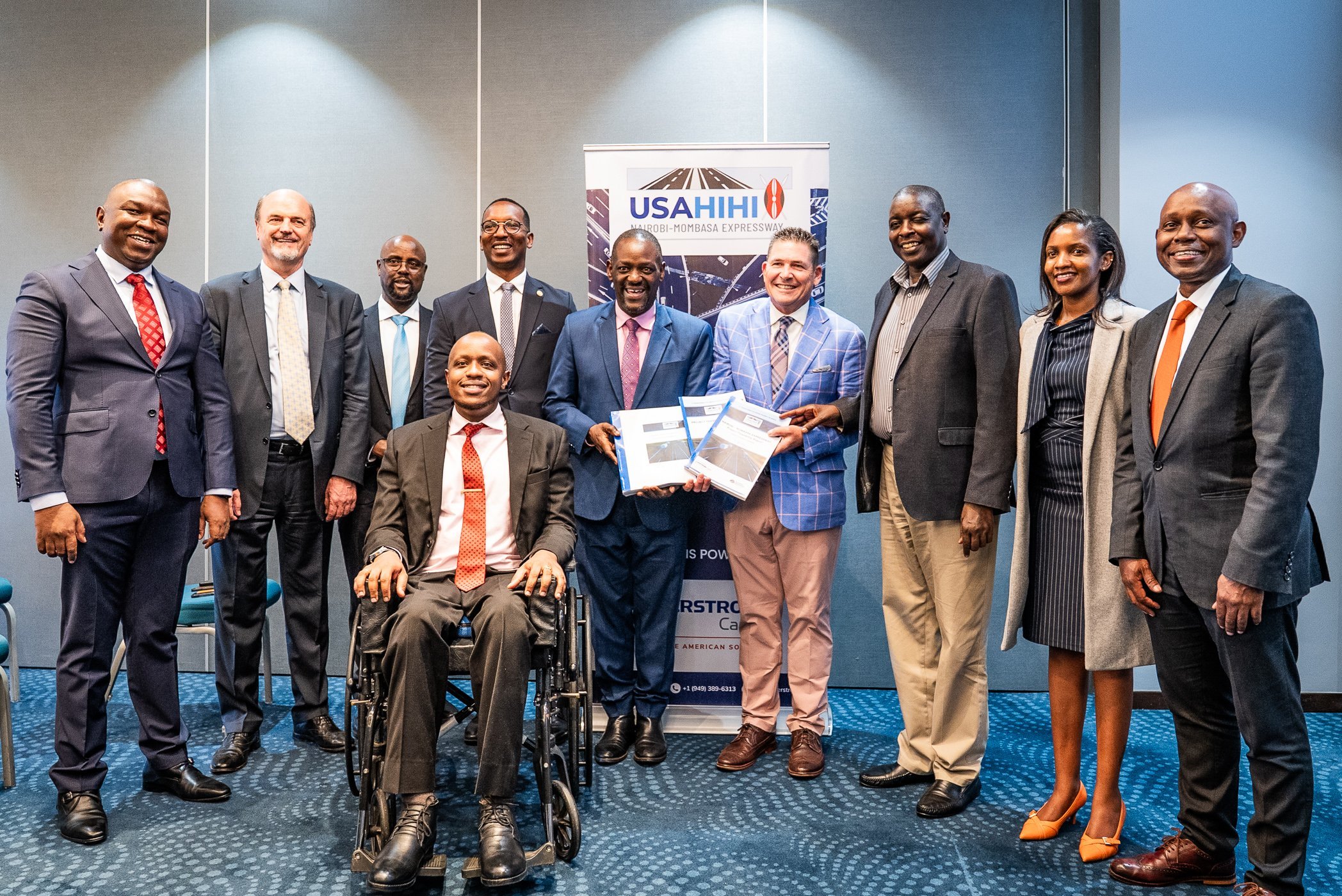
According to initial plans by the US firms, construction works are estimated to begin in 2026.
"We value our strong partnership with KeNHA and fully respect their leadership in this process. We await KeNHA’s official assessment and will share any updates with the public as soon as they are confirmed," the US firm added.
"We’re grateful for the continued support for this transformative project."
The Nairobi-Mombasa Expressway is expected to cost Ksh465 billion (USD3.6 billion).
Given that it is a project to be undertaken under the Public-Private Partnership (PPP) model, the road will be tolled, with users expected to pay toll fees to use the road.
Initial reports indicate that motorists will be paying between Ksh12 to Ksh13 per kilometre for tolls.
"Usahihi focuses on sustainability, featuring wildlife corridors, electric vehicle charging, and renewable energy infrastructure," the firm explained in the feasibility study.
"The project will create thousands of jobs, reduce travel time from 10.5 to 4.5 hours, and enhance trade, safety, and economic growth in East Africa."
